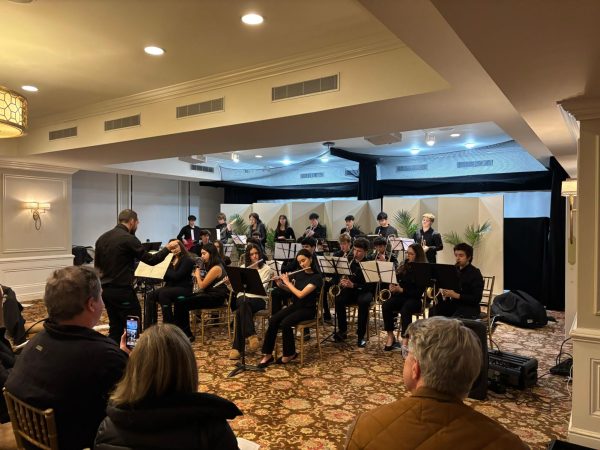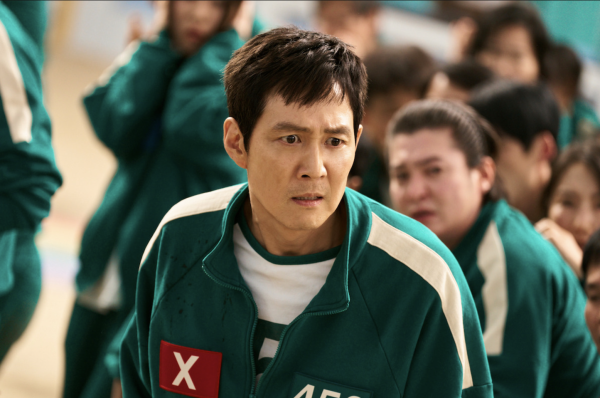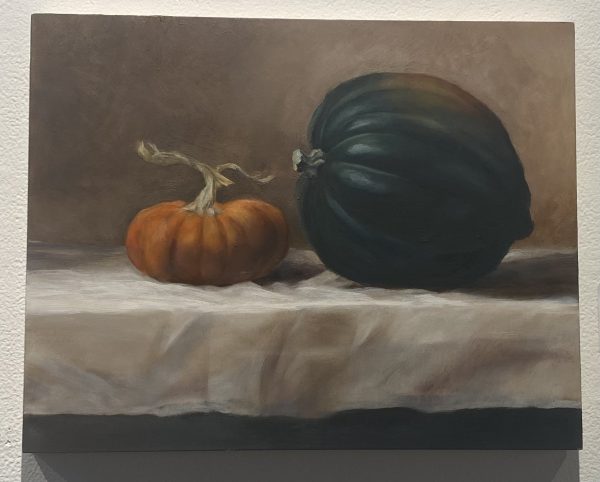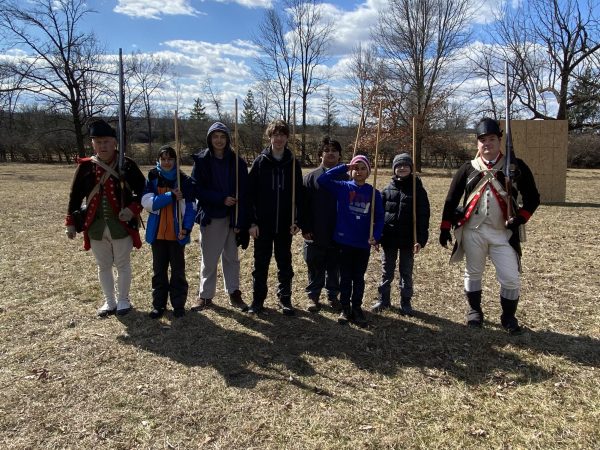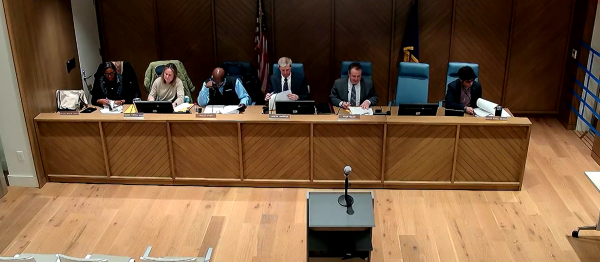‘A Hidden Life’ artfully demonstrates how silence can be more destructive than words
 In today’s modern, progressive world many nations recognize the right of an individual during a time of war to respectfully decline enlistment in the military due to their religious or moral beliefs. This refusal to serve is known as “conscientious objection”, and nowadays it is generally accepted (if proven valid) as a reason not to fight. As one might expect, however, this leniency was nonexistent in Nazi-controlled Austria-Hungary during the 1940s. During World War II it was made clear by the government that conscientious objectors – or anyone who refused to serve – would be thrown in prison and could even face execution. But even with this knowledge a handful of men called to action continued to resist service.
In today’s modern, progressive world many nations recognize the right of an individual during a time of war to respectfully decline enlistment in the military due to their religious or moral beliefs. This refusal to serve is known as “conscientious objection”, and nowadays it is generally accepted (if proven valid) as a reason not to fight. As one might expect, however, this leniency was nonexistent in Nazi-controlled Austria-Hungary during the 1940s. During World War II it was made clear by the government that conscientious objectors – or anyone who refused to serve – would be thrown in prison and could even face execution. But even with this knowledge a handful of men called to action continued to resist service.
“A Hidden Life”, written and directed by Terrence Malick, tells the story of one of these defiant men, Franz Jägerstätter (August Diehl), and his wife, Fani (Valerie Pachner). The couple lead a simple life together on a farm in the town of St. Radegund, Austria-Hungary, until Franz is approached by Nazi officers who tell him that the German military is depleted and demand that he enlist to fight in what appears to be the last stage of the war. Franz tells them he doesn’t believe in the cause and therefore he won’t fight, thus making a potentially life-altering decision.
The rest of the film follows Franz’s tragic journey, from painstakingly deliberating his decision with Fani and grappling with its implications, to spending months in several German prisons, and finally to his trial and execution before Third Reich officials. The film cuts back periodically to St. Radegund, where Fani, her sister Resie (Maria Simon) who lives with her, and her two young children face hostility in the form of verbal and even physical harassment from other farmers in the village as a result of Franz’s conscientious objection. Fani, who has to deal both with this animus from her fellow townsfolk and the fact that her husband is locked away inside a maximum-security prison in Berlin, remains surprisingly strong despite her adverse circumstances. In fact, it is often Franz who relies on Fani for support, as opposed to the other way around. The two communicate by handwritten letters throughout much of the film.
Visually speaking, the film feels much like a documentary. The opening scenes, which introduce Franz and Fani, contain many close-ups and shots taken from low to the ground, giving the film a more intimate feel. Also notable is the use of a moving camera to show continuous/extended shots of people moving throughout the farm, which makes it seem as if there was a cameraman hired to simply document the everyday lives of this Austrian couple rather for than a high-budget movie, all while maintaining that high-budget audio and video quality. As an audience member, establishing such a personal connection to the main characters early in the film also makes the tragic ending all the more heartbreaking.
Along with clever cinematography, the film generally succeeds in terms of acting and character development as well. Even though there is only a minimal amount of dialogue throughout, the actors for Franz and Fani vary their use of nonverbal expression to clearly indicate their respective characters’ emotions at different points in the storyline.
One of the greatest intricacies of “A Hidden Life” is its appreciation for the power of silence, as the motif is alluded to several times throughout the story. The most obvious is the “empty space” of the film in and of itself: the film’s runtime is 3 hours, but as I mentioned previously, overall use of dialogue is limited. However, there are other instances where silence plays a role that are not as clear-cut. For example, at the prison where Franz is held there is a sign in the main courtyard reads “sprechen verboten“, which is German for “speaking forbidden”. I won’t give all these moments away, but it is definitely something to keep an eye out for if you go see the film (which I certainly recommend you do!).
“A Hidden Life” is in theaters December 13, 2019. Special thanks go to the Pelham Picture House, for allowing me to partake in an advance screening of the film.
Grade: A-
Vikram Jallepalli is a senior at Pelham Memorial High School. Writing for the Examiner is his first role in journalism. He performs in Sock’n’Buskin...




